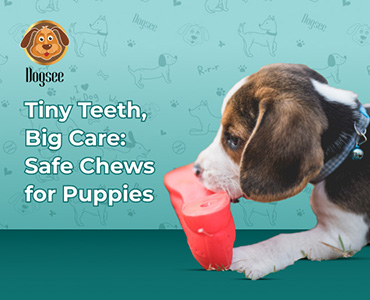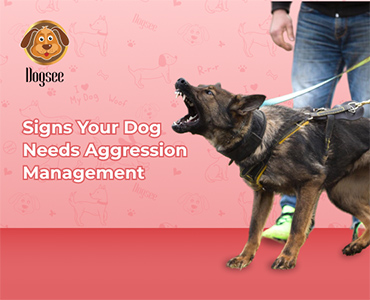
A sunny and warm climate brings joy to most of us and our pets. This rise in temperature and humidity unfortunately puts a wide grin on the sneaky pests that eye your pet’s fur. As prevention is better than cure, it’s best to nip such creatures in the bud!
Here are some measures to consider to keep your dog tick and flea free.
Vet Treatments For Tick Prevention For Dogs
This is the most effective way to prevent and eliminate pest infestations on your pet. Conduct routine wellness checkups and use doctor-recommended products only. Make sure to read the directions carefully, understand the side effects, and apply the proper dosage to avoid poisoning.
Frisk your dog daily
Make it a habit to examine your dog on a regular basis, particularly after outdoor visits. Pests generally take habitat in areas like in and around the ears, around the eyelids, under the collar, around the tail, between toes and legs.
Vacuum your house
It is important to keep yours and your pet’s surroundings clean. Frequent cleaning and vacuuming of rugs, carpets, furniture, and bedding is a must. Contact a pest control company and fumigate your house. Also, make sure to dispose of vacuum bags efficiently since flea eggs can continue to hatch and multiply even after they have been vacuumed.
Groom your dog regularly
Grooming helps to bond with your pooch and makes them feel loved. But most importantly, it helps spot dog ticks and fleas and put a stop to their infestation.
Keep the outdoors clean
Dogs love to play outside and roll over on the grass, which is also where ticks and fleas love to hang out and breed. Constantly mowing the lawn, trimming it short and growing plants that have a strong odour like garlic, peppermint, rosemary and basil will help to keep the pests at bay.
Regular Bath with Shampoo
Use a tick prevention shampoo while washing your pet and remove all the dirt stuck to your pooch’s body. Comb your dog’s fur thoroughly. They deserve to be sent down the drain!
Know the symptoms
Early recognition of symptoms of ticks on dogs, veterinary consultation, quick arrival at a diagnosis, and prompt treatment by your veterinarian enhance the likelihood of a positive outcome. If your dog has had tick exposure, talk with your veterinarian about what symptoms you should be on the lookout for, which can help to get rid of pest infestation.
At the end of a long, hot summer day, don't forget-if your dog's tick and flea problem is too much for you to handle, call your local pest control service and have them help you take care of it so you can have a happy, bite-free summer.
You can also keep in mind the Best Home Remedies for Ticks in Dogs
We at Dogsee Chew strive to make our dogs' lives the best by providing the most accurate and updated information.
 HELPFUL0 people found it helpful
HELPFUL0 people found it helpful
Related Blogs
Subscribe to Our Blogs
and never miss on the latest update!



















